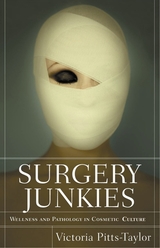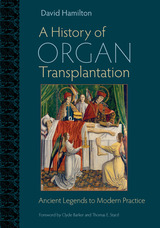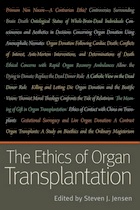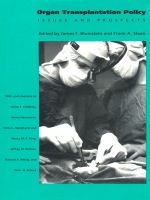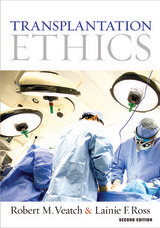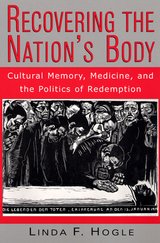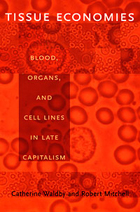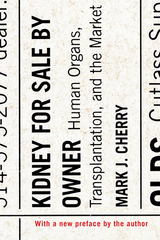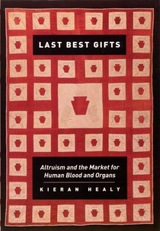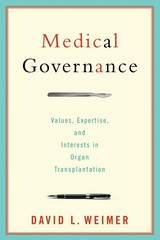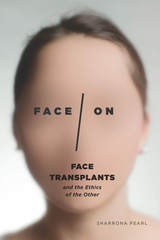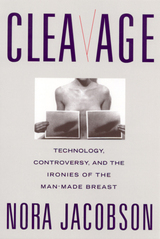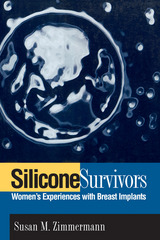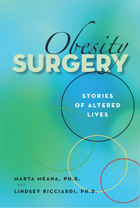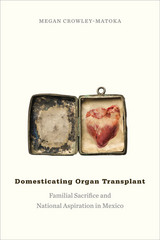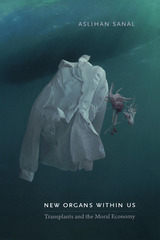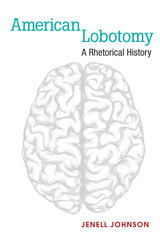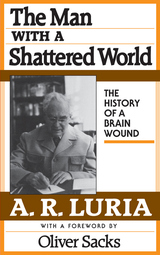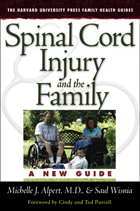IntroductionArthur L. Caplan
Part One: The Dead Donor Rule, the Determination of Death, and Organ Transplantation from (Almost?) CadaversJames J. McCartney
1. The Dead Donor Rule and the Concept of Death: Severing the Ties That Bind ThemElysa R. Koppelman
2. The Theoretical and Practical Importance of the Dead Donor RuleJames J. McCartney
3. The Dead-Donor Rule and the Future of Organ DonationRobert D. Truog, Frank G. Miller, Scott D. Halpern
4. The Dead Donor Rule: Effect on the Virtuous Practice of Medicine Frank C. Chaten
5. BRAIN DEATH without DefinitionsWinston Chiong
6. Accepting Brain Death David C. Magnus, Benjamin S. Wilfond, Arthur L. Caplan
7. Address to the International Congress on TransplantsKarol Wojtyla (Pope John Paul II)
8. Brain Death: Can It Be Resuscitated?D. Alan Shewmon
9. The Boundaries of Organ Donation after Circulatory DeathJames L. Bernat
10. Should We Allow Organ Donation Euthanasia? Alternatives for Maximizing the Number and Quality of Organs for TransplantationDominic Wilkinson and Julian Savulescu
11. The Ethics of Non-Heart-Beating Donation: How New Technology Can Change the Ethical LandscapeKristin Zeiler, Elisabeth Furberg, Gunnar Tufveson, Staffen Welin
Part Two: The Use of Anencephalic Infants as Organ DonorsJames J. McCartney
12. Anencephalic Donors: Separate the Dead from the DyingAlexander Morgan Capron
13. Anencephalics as Organ DonorsRichard M. Zaner
14. Ethical Issues in the Use of Anencephalic Infants as a Source of Organs and Tissues for TransplantationArthur L. Caplan
15. Use of Anencephalic Newborns as Organ Donors: Position StatementCanadian Paediatric Society
Part Three: Sale of Cadaveric or Live OrgansDaniel P. Reid
16. Iranian Model of Paid and Regulated Living-Unrelated Kidney DonationAhad J. Ghods, and Shekoufeh Savaj
17. Regulated Payments for Living Kidney Donation: An Empirical Assessment of the Ethical ConcernsScott D. Halpern, Amelia Raz, Rachel Kohn, Michael Rey, David A. Asch, and Peter Reese
18. The Hidden Cost of Organ SaleSheila M. Rothman and David J. Rothman
19. Commercial Organ Transplantation in the PhilippinesLeigh Turner
20. Kidney Vending: The “Trojan Horse” of Organ TransplantationGabriel M. Danovitch, and Alan B. Leichtman
21. Financial Incentives for Cadaveric Organ DonationDavid Mayrhofer-Reinhartshuber and Robert Fitzgerald
Part Four: Other Strategies for Increasing the Number of Available OrgansDanieil P. Reid
22. Nudge, Nudge or Shove, Shove—The Right Way for Nudges to Increase the Supply of Donated Cadaver OrgansKyle Powys Whyte , Evan Selinger , Arthur L. Caplan, Jathan Sadowski
23. The Case for “Presumed Consent” in Organ DonationIan Kennedy, Robert A. Sells, Abdallah S. Daar, Ronald D. Guttmann, Raymond Hoffenberg, Michael Lock, Janet Radcliffe-Richards, and Nicholas Tilney
24. A Critical Approach to the Current Understanding of Islamic Scholars on Using Cadaver Organs Without Prior PermissionSahin Aksoy 25. Priority in Organ Allocation to Previously Registered Donors: Public Perceptions of the Fairness and Effectiveness of Priority SystemsJennifer A. Chandler, Jacquelyn A. Burkell, and Sam D. Shemie
26. The Use of Prisoners as Sources of Organs—An Ethically Dubious PracticeArthur L. Caplan
27. Presumed Consent to Organ Donation in Three European Countries Barbara L Neades
28. Kidney Paired Donation 2011David Serur and Marion Charlton
29. Kidney Paired Donation C. Bradley Wallis, Kannan P. Samy, Alvin E. Roth, and Michael A. Rees 30. Some High Risk Kidneys Safe for TransplantKristina Fiore
Part Five: Gaming the System Arthur L. Caplan
31. The Declaration of Istanbul on Organ Trafficking and Transplant Tourism Participants in the International Summit on Transplant Tourism and Organ Trafficking Convened by the Transplantation Society and International Society of Nephrology in Istanbul, Turkey, April 30-May 2, 2008
32. The Hazards of Transplant TourismFrancis L. Delmonico
33. Transplant Tourism in China: A Tale of Two TransplantsRosamond Rhodes & Thomas Schiano
34. Multiple Listing in Kidney Transplantation Mohammad Sanaei Ardekani and Janis M. Orlowski
5. Can Any System of Rationing Withstand the Plea of a Ten-Year-Old Girl? Arthur L. Caplan and Jennifer deSante
ContributorsPermissions and CreditsIndex


